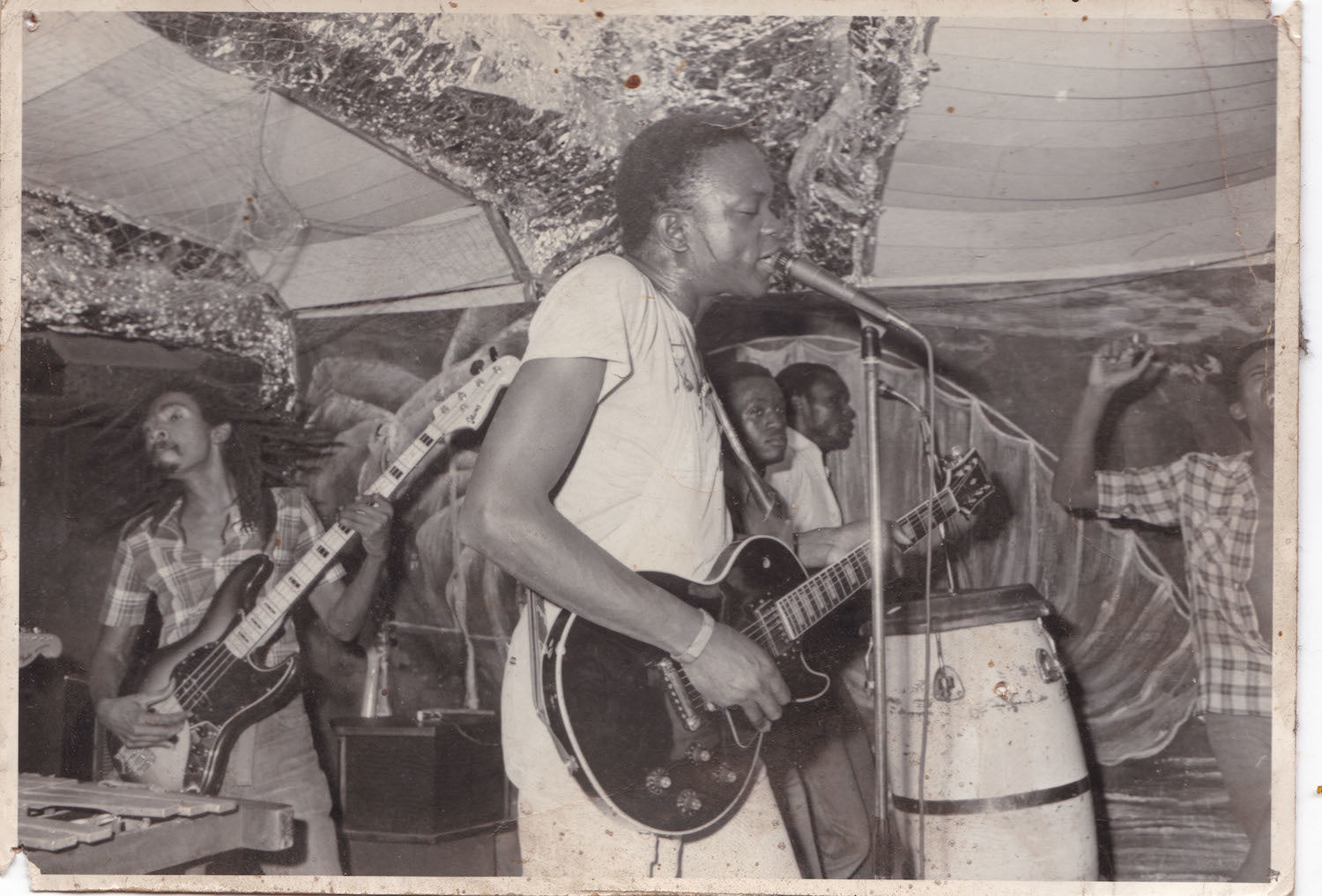Psychedelic Rock - The Beach Boys, The Beatles and Jimi Hendrix, The Doors. Woodstock, bell bottom pants, vibrant colours and free love. The Western world was transforming, beginning to question authorities, and create music which stirred something inside a new generation. These were the 60s and 70s as we know it. On the other side of the world, in Africa there was a new genre of liberation being born. Zambia, Nigeria, Ghana and South Africa were beginning to form their own sound, African Psychedelic Rock later coined as Afro Psych.
It took some for this genre to be considered and popularised, with the political climate in African regions being a deciding factor for many groups success. These bands often used regional dialects in their lyrics with an influence of traditional music and lyrics expressing the political discomfort of the time. Osibisa’s self-titled album was released in 1971, produced by Tony Visconti who previously worked with David Bowie and Moody Blues. The band was formed in London in the 1960s with West African and Caribbean group members. Osibisa was described in it’s album notes as “criss-cross rhythms that explode with happiness.” If you listen to one of their first tracks entitled Kokorokoo you feel exactly this. Later hits like Sunshine Day and Ojah Awake will keep you moving and grooving on the dance floor with powerful, positive lyrics. Osibisa has been largely credited to having brought African music to European and North American artists.

The Nigerian Rock scene began to explode in the 1970s with bands like The Hykkers, Semi Colon, The Funkees, Grotto and the Lijadu Sisters. This was a time of turmoil for Nigeria with a Civil War and the oil boom beginning. Nigerian Rock became an escape from the humanitarian crisis in the country and the sound of the music reflect the turmoil with raw, grungy sounds mixed with political lyrics. In 1966 after the widespread discrimination and violence against the Igbo minority a huge population moved to Biafra. Nigeria declared war on the new formed republic which lead to a hunger crisis for many of its citizens. Four years later the war ended and the oil boom started with an increase of money brought into the country. This left the countries youth, misplaced, angry and confused. There was only one genre that could translate this rage that many were feeling, Rock n Roll. Temitope Kogbe writes: “The emergence of psych rock in Nigeria had less to do with mind-altering drugs and more to do with mind-altering circumstances.”
The Lijadu Sisters gained popularity over the years. Twin sisters, Taiwo and Kehinde became pioneers for women in the Nigerian rock scene and internationally. Their most popular song Come on Home has travelled the world with over 15 million plays on Spotify. The sisters are one of the most popular Nigerian music acts, creating their own harmony with synthesisers and modern Afro-beat influences. They toured with renowned Cream drummer, Ginger Baker performing in Baker’s band Salt at the 1972 Munich Olympic Games.

Amanaz (Ask Me About Nice Artistes in Zambia) was a Zamrock band founded in 1973. Influenced by funk and soul sounds - James Brown, Hendrix and Led Zepplin. Their album Africa released in 1973 gained worldwide popularity with Khala My Friend being one of their most well known singles. Amanaz split up in 1976 having recored only one album to date. Their influence on the Zamrock movement was unforgettable and is still referenced and listened to today.

In and amongst the youth movements of the 1960s and 1970s there were pockets of African musicians influenced by the Psychedelic sounds of the Western scene. Lagos, the epicentre of the emergence of the scene followed by Zambia, Ghana and small groups in South Africa. During a time of resistance and rage there was Afro Psych which captivated the sound of Africa at the time and gave the youth a voice for resistance.
Click Here: African Psychedelic Rock Playlist


